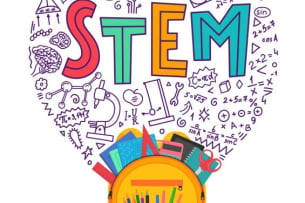Filter & Sort

Rethinking Retirement During the COVID Years
Those of us vested in our careers often still cling to the idea of entering retirement with a script, but there are few perfect plans, writes Janet M. Rupert.

More Vexing Than the Impostor Syndrome
Certain classroom practices that faculty unconsciously engage in can make students question their intelligence, competence and sense of belonging, writes Angelica S. Gutierrez.

We Need Cultural Travelers in Presidential Transitions
These days, an interim or new president must be ready to immediately manage myriad campus challenges, and that requires identifying and calling upon trusted sages, advises Patrick Sanaghan.

Coming Together to Support the Nation’s STEM Pipeline
This is an opportune time to emphasize systemic changes that need to occur to nurture the next generation of scientists, Adriana Bankston writes.
Stop Asking Me for the Hummus Recipe
Such comments reveal an alarming level of misunderstanding, if not ignorance, of the Arab American community, reducing us to stereotypes and implying that we don’t belong, writes Mireille Rebeiz.

A Tale of 2 Institutional Types
When thinking about what jobs in academe to pursue, we rarely seem to consider the startling differences between various sorts of colleges and universities, writes Claire Potter.

Stop Telling Students to ‘Narrow Down’ Their Topic
A student who follows that advice will most likely end up as lost as they were before—just inside a slightly narrower wilderness, argue Christopher Rea and Thomas S. Mullaney.

Why Faculty Aren’t Vibing With the Moment
Many aspects of our lives have been upended these past several years, and we face uncertain futures, writes Shareen Joshi.
Pagination
Pagination
- 77
- /
- 431